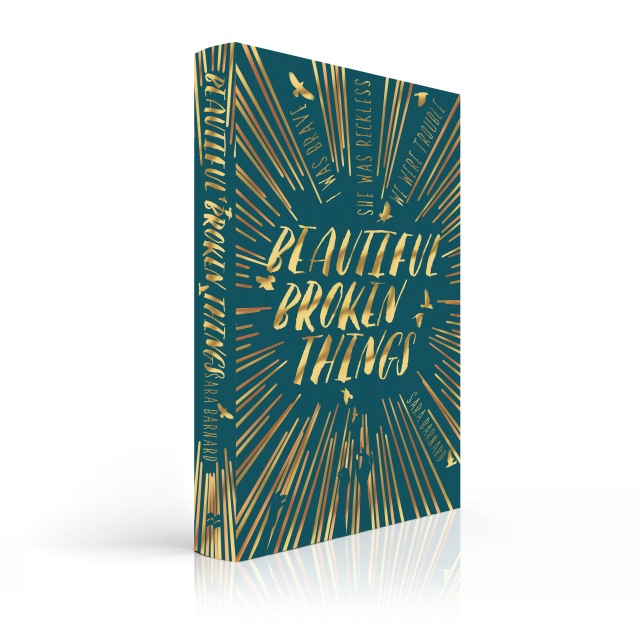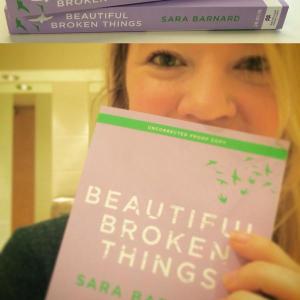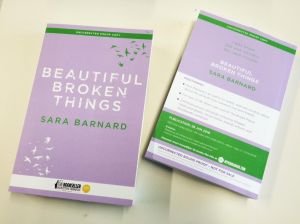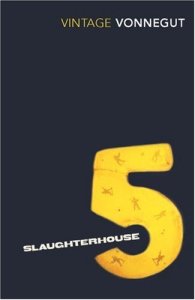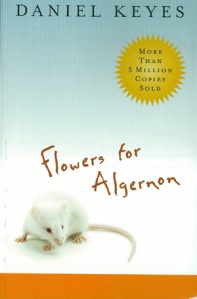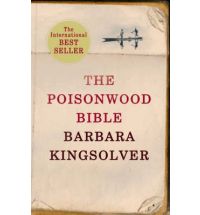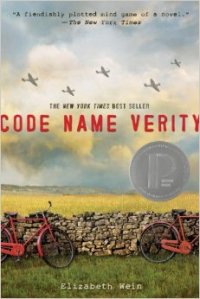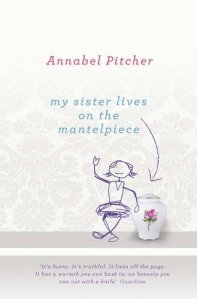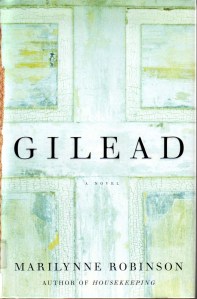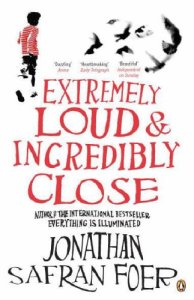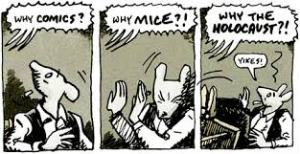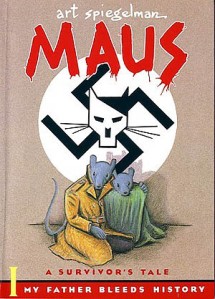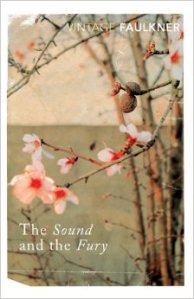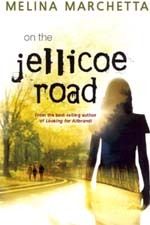Like all sensible authors, I don’t comment on reviews. At most I will thank kind reviewers who link me to their positive reviews, but I sometimes hesitate doing even that. Bad reviews, even those that sting, even those that I disagree with, are best left alone. But there are certain things that crop up occasionally that make my heart sink for a different reason than simple wounded pride. And that’s questions like this: “Why didn’t she tell the police?”
In Beautiful Broken Things, one of the three main characters, Suzanne, has been abused for much of her childhood. The book starts after she has moved to Brighton for a “fresh start”, so the abuse is only ever referred to, never seen. You know that it was physical and emotional, that it was at the hands of a step-parent, that it was a deep, ugly family secret. It’s not stated explicitly, but the abuse was never reported – not by Suzanne herself, and not by anyone else in her family.
And so to that question. Why not? Why didn’t Suzanne report her stepfather? Why didn’t she get help? And variations of the same. (And also “Why isn’t this discussed in the book?” which I’ll get to a bit later.)
Questions like this make me sad. They make me sad for abuse victims everywhere. For those going through it, and those recovering from it. Because what it says is this: why didn’t you save yourself?
And that says this: You could have saved yourself.
And that says this: You didn’t save yourself.
A child doesn’t stop loving their parents because they are abused by them. Maybe the whole thing would be a bit easier if they did; maybe breaking free would be easier; maybe “getting over it” would be easier. They want to be loved in return, it as as simple and as heart breaking as that.
How could a child who is desperate for their parents’ love and approval “report” them to the police? Think about how impossible that would seem. How unfathomable.
Suzanne grew up in a household where she was the only one being abused and so, alongside the physical violence, there was years of emotional manipulation from both her parents and her brother. For most of her life, she heard things like this from people she loved: “Don’t tell anyone, you’ll break up the family.” “You don’t want to be put in care, do you?” “They’re my parents too.” “You don’t want to be the reason your family gets split up, do you?” “What would people think of you if they knew?”
It wasn’t a choice for Suzanne to not report what happened to her; it was literally never an option, because it was never allowed to be. Manipulating children into keeping quiet is one of the most horrible parts of child abuse. Questioning why a child kept quiet is like asking them why they have a bruise. The answer is, “Because this is what was done to me.”
Now Suzanne, obviously, is fictional. But this happens in real life every day, and it happens to people who then have to read things like “Why didn’t this fictional character report this? They should have reported it, and then things would have been better.”
None of this is included in the text of Beautiful Broken Things for two main reasons. One is that there’s only so much backstory you can include in a story without sacrificing the actual story you’re trying to tell, especially when the character is not the protagonist. The second is that it’s the wrong question to ask, and including all of this justification for Suzanne not having done what she was “supposed” to do as a victim would feel like I was letting her down. What I would want to say is, Suze, you didn’t do anything wrong. You were let down by everyone around you, but it is not your fault.
Let’s keep the blame where it belongs, and that is with the abuser, not their victim.
Note to those who need it:
If you need help, if you are suffering, if you are being abused, and reporting it feels impossible for these reasons or any other reasons, there is support available. There are people who can help.
If you are in the UK, Childline is a completely free, private and confidential service. When you’re ready, they’ll be there.
